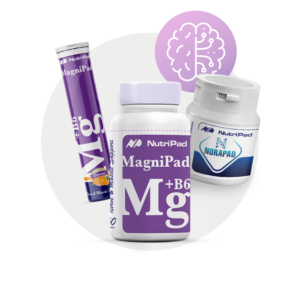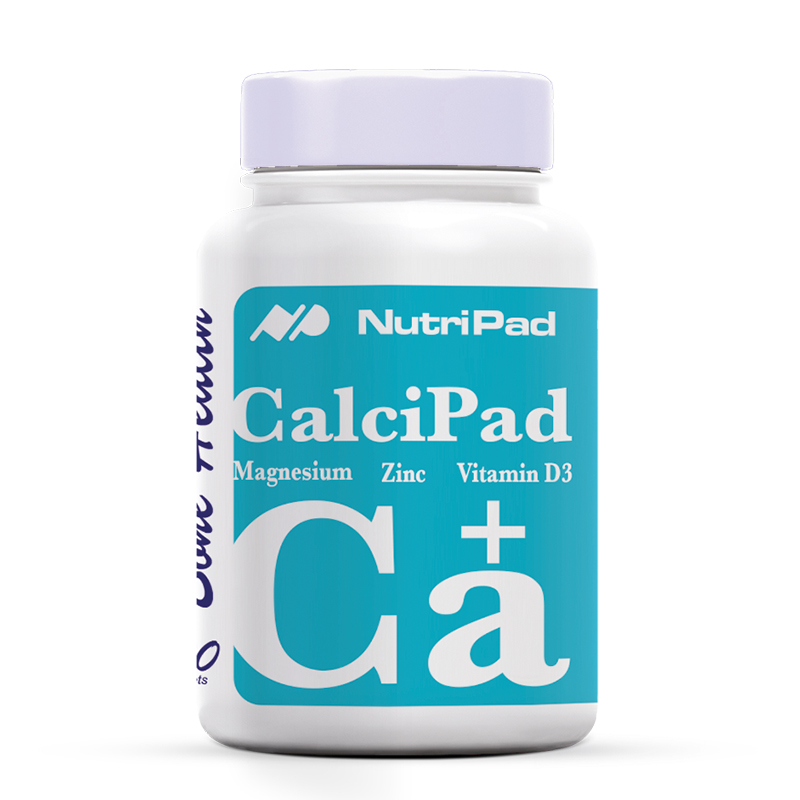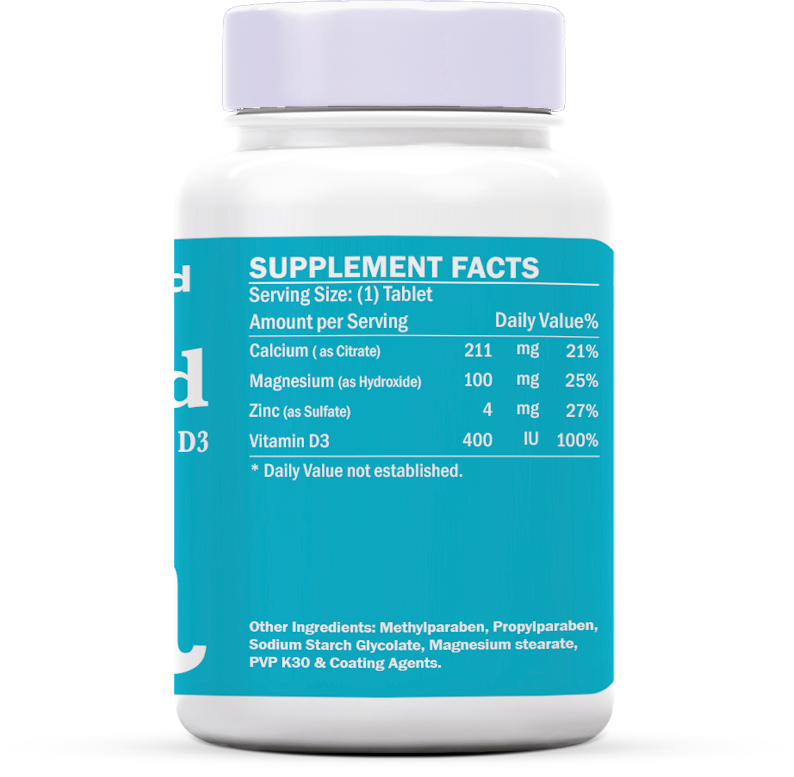Supplements Containing Calcium and Other Components
Calcium is an essential nutrient found in many foods like dairy products. Bones and teeth contain more than 99% of calcium in the human body.
Bones are constantly breaking down and rebuilding. As a result, our bones are in continuous regenerations. Calcium is necessary for this process, but the concentration of calcium in the body decreases with age. Taking calcium supplements helps rebuild and keep bones strong. The heart, nerves and blood clotting system also need calcium. Many people usually take calcium by mouth to treat and prevent low calcium levels, muscle cramps, osteoporosis, and softening of the bones. Calcium is especially beneficial for people prone to low bone density or osteoporosis. Examples are people who take drugs called corticosteroids, elderly, women after menopause, and people who do not get enough calcium through their diet for any reason. In people with kidney failure and hyperparathyroidism (the level of parathyroid hormone is too high), taking calcium reduces the level of this hormone.
Taking sufficient amounts of calcium, whether through diet or supplements, helps prevent bone loss and treatment of osteoporosis. Oral calcium intake, alone or with vitamin D, helps prevent fractures in people with osteoporosis.
According to the current scientific evidence, calcium in doses up to the recommended daily allowance (RDA), i.e. a total of about 1000-1200 mg per day, is safe. Our body needs this amount of calcium. However, higher doses are not recommendable due to the risk of side effects. Some of these complications are more likely to occur in those with vitamin D or vitamin K deficiency. For this reason, calcium is combined with vitamin D in many supplements. Vitamin D may be combined with vitamin K. According to the new clinical guidelines, the minimum required amount of vitamin D is 600 units per day and for people over 70 years, 800 units per day. Other minerals like magnesium and zinc are also necessary for bone formation. Magnesium and zinc may be also combined with calcium. The type of salt used in the supplements may affect the absorption and effectiveness. For example, in the case of calcium and magnesium, citrate salt is better absorbed than carbonate salt. In addition, the absorption of calcium citrate and magnesium carbonate is not affected by the acidity (pH) of the stomach. As a result, magnesium citrate and calcium citrate are better absorbed in those who take drugs that reduce gastric acid secretion, such as omeprazole or pantoprazole. Vitamin D and zinc also play a crucial role in regulating and strengthening the immune system. Products containing calcium, magnesium, zinc and vitamin D can be considered as supplements boosting the immune system. These products may be helpful to treat hypocalcemia (decreased blood calcium) and hypomagnesemia (decreased blood magnesium) in patients able to take oral medications. Calcium and magnesium are essential for the normal function of muscles.
In general, consult your doctor before taking any supplement. Avoid taking more than 1,000 to 1,200 milligrams of calcium per day unless directed by your doctor. Calcium supplements also affect the absorption or effectiveness of many medications (drug interactions). Among these drugs are some antibiotics like ciprofloxacin and tetracycline. There should be at least 2 hours between oral intake of these drugs and calcium supplements. Calcium also reduces the absorption of iron. If you use iron and calcium supplements simultaneously, leave at least 2 hours between them. Calcium drug interactions are not limited to these cases, and it is necessary to provide a complete medical history to your doctor or pharmacist so that they can provide you with instructions to prevent drug interactions.















